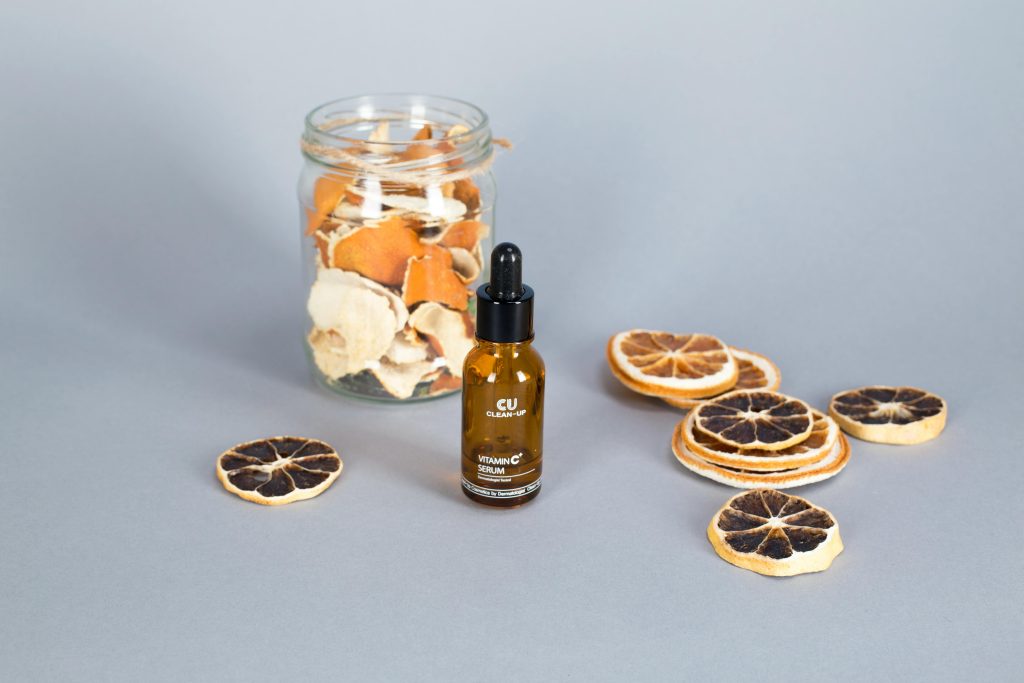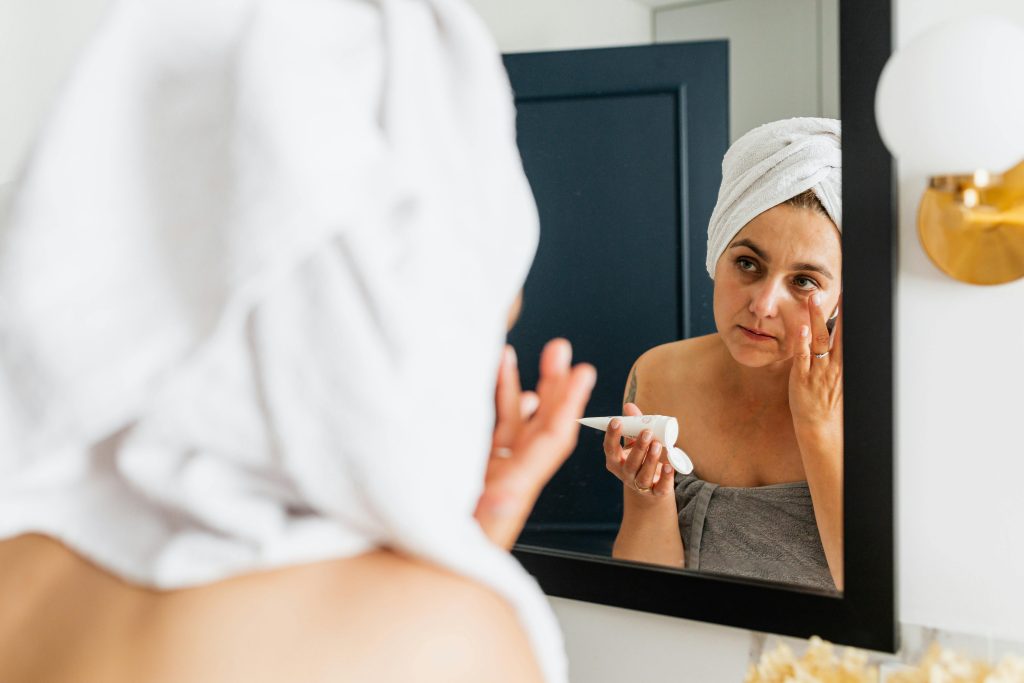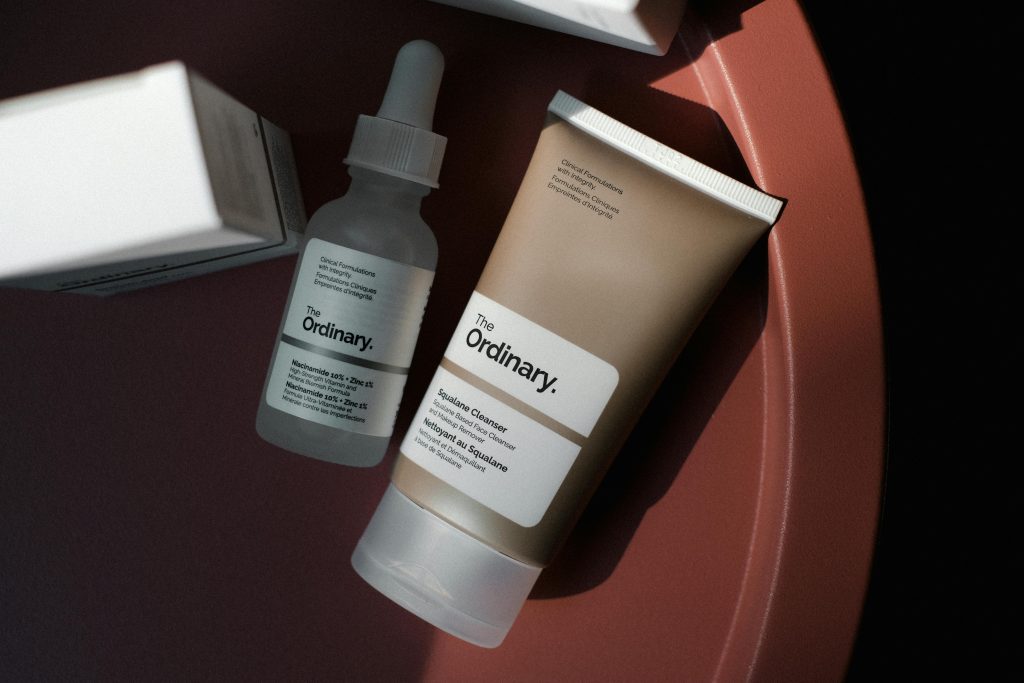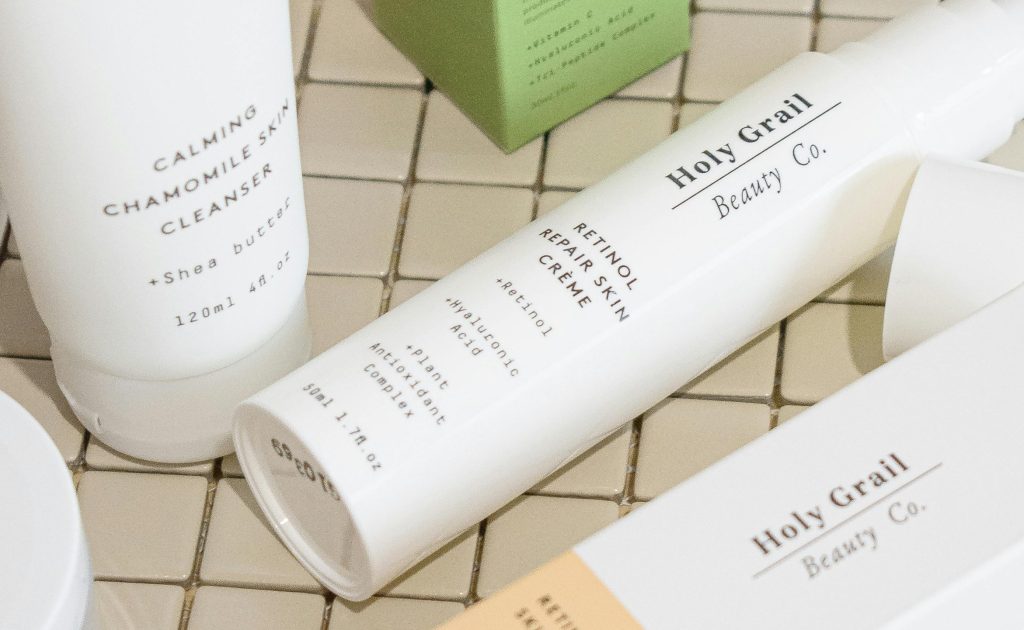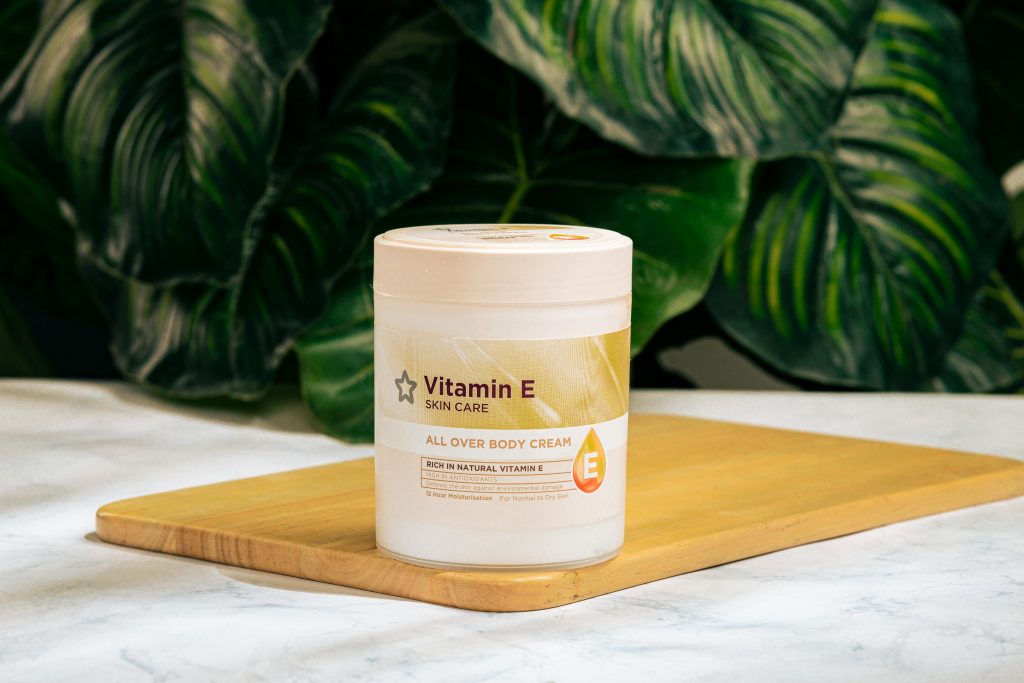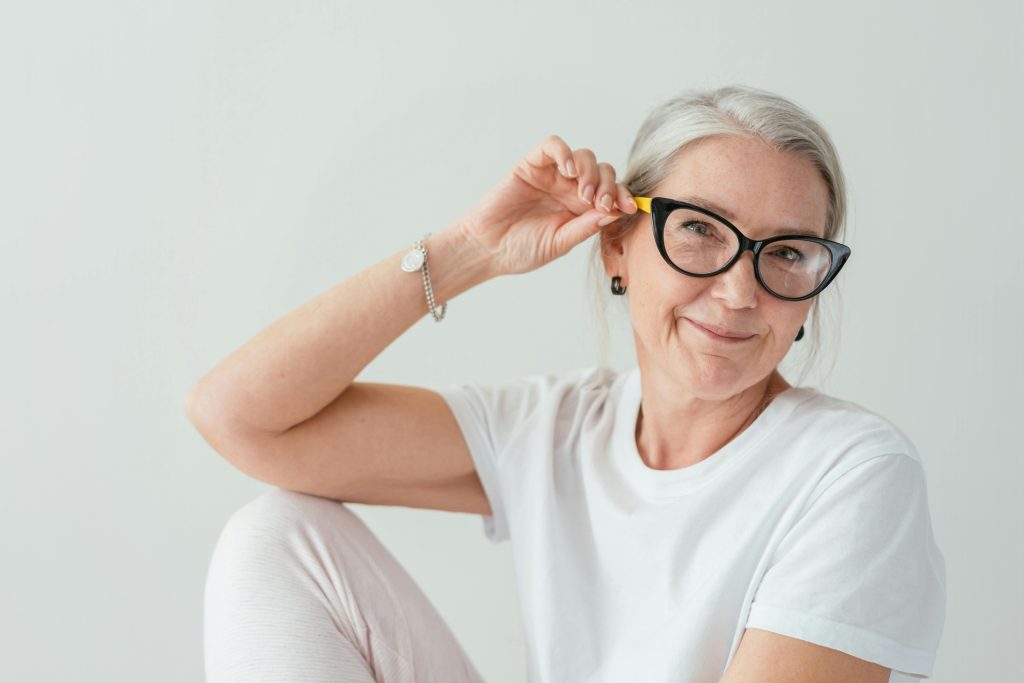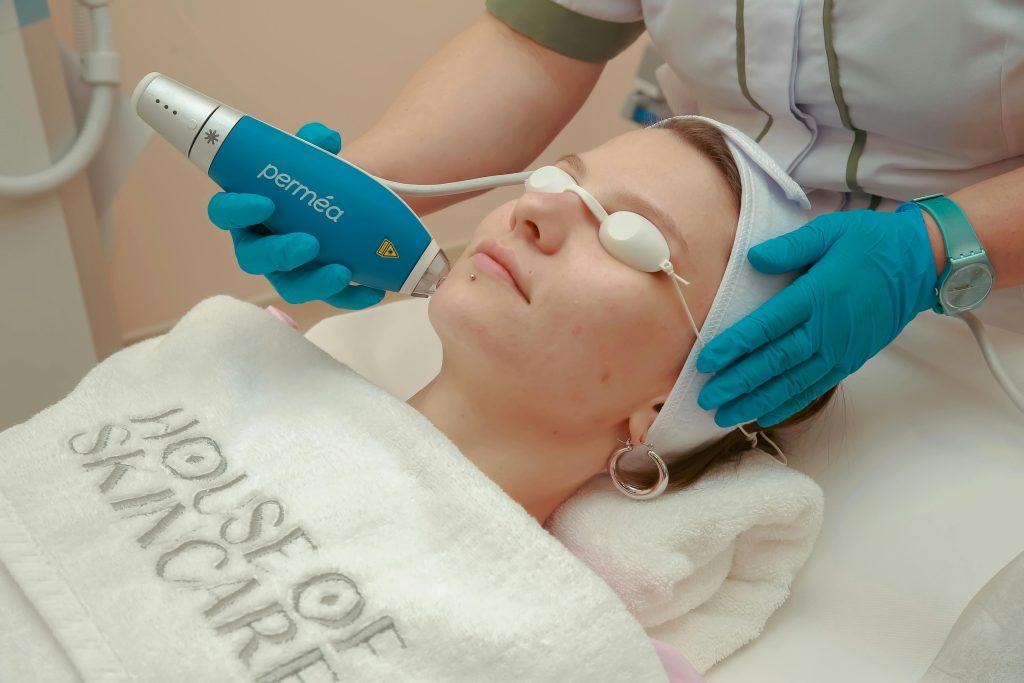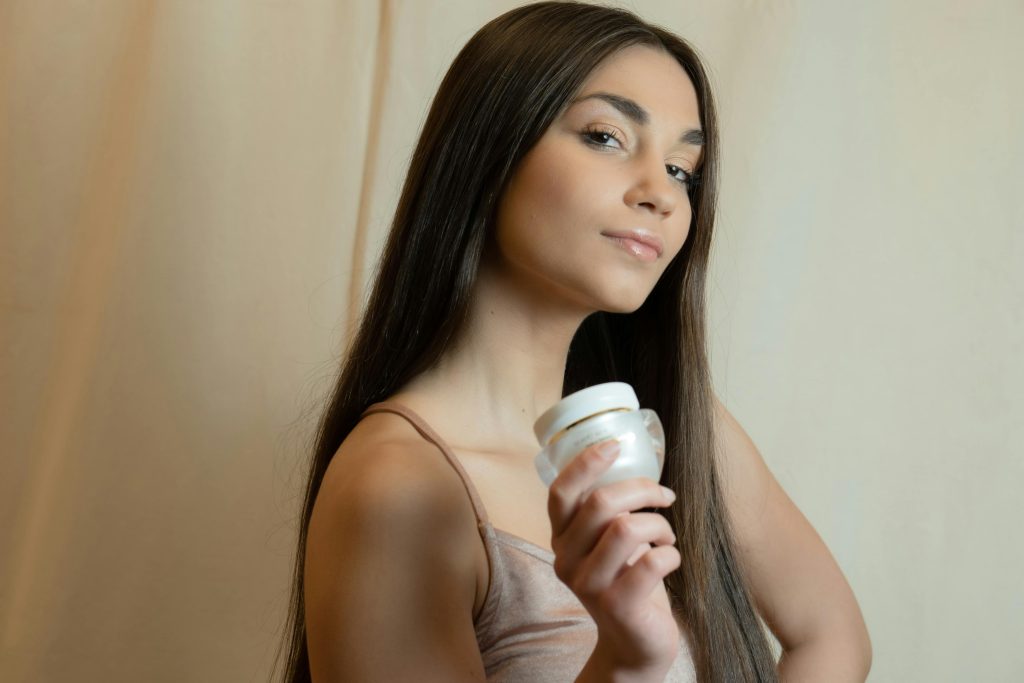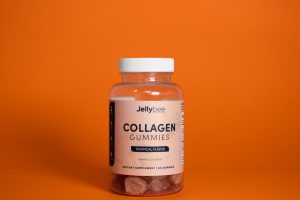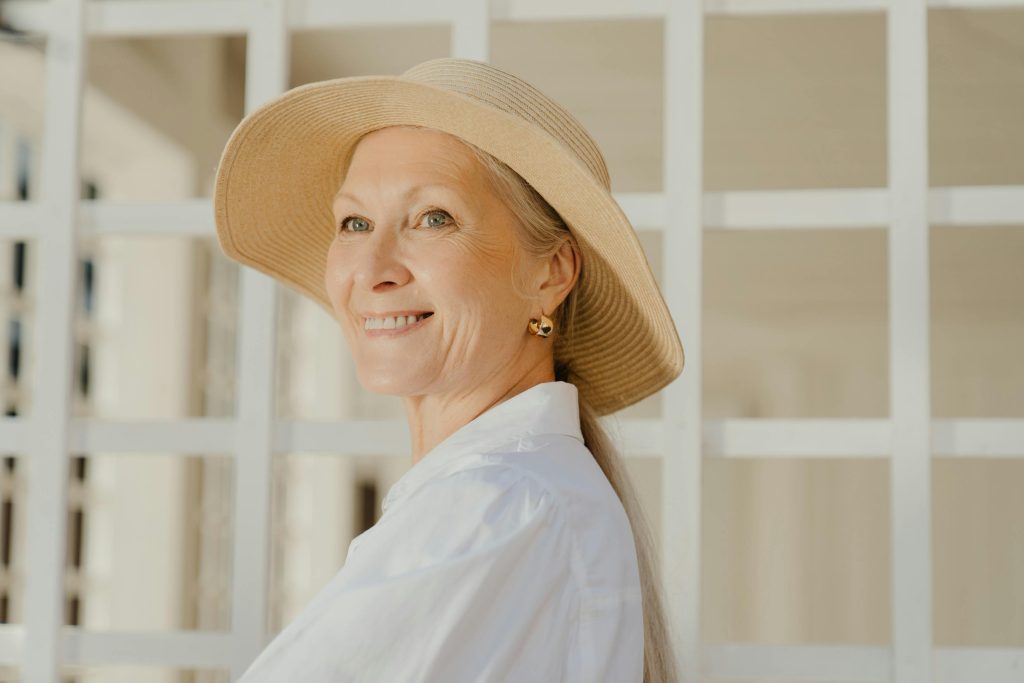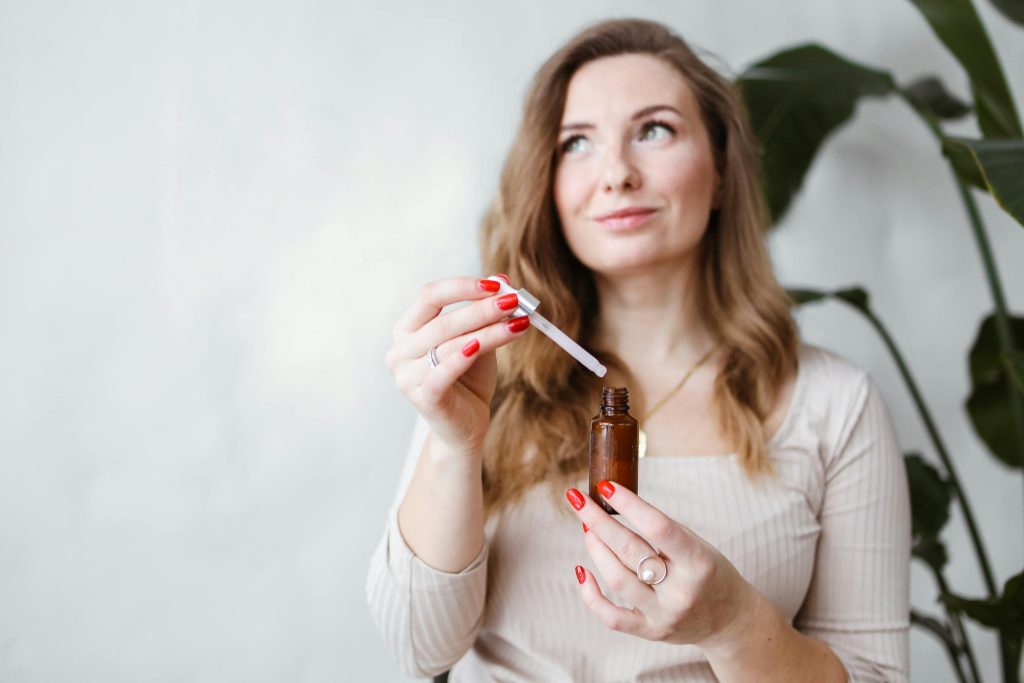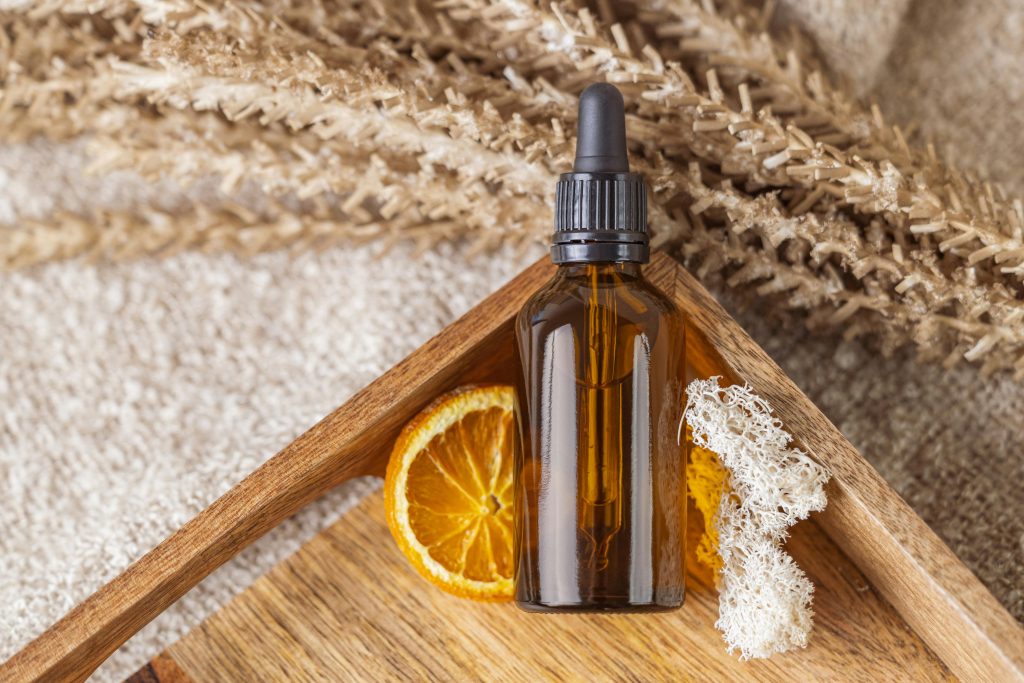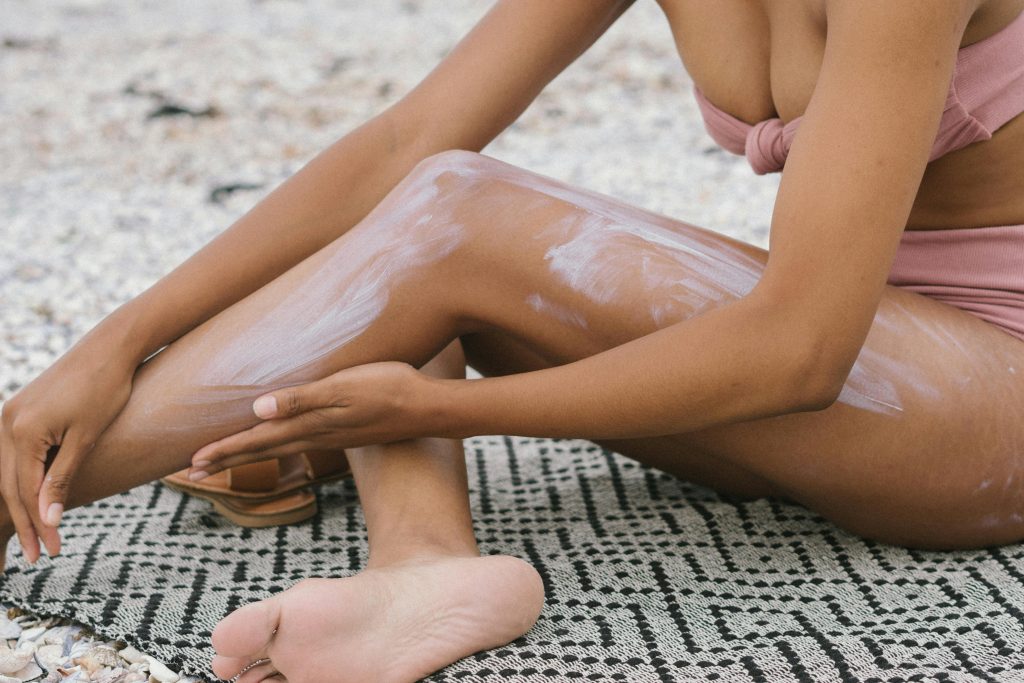
As an Amazon Affiliate, I earn a commission for the products linked bellow
Sunscreen and Anti-Aging: The Secret Weapon for Youthful Skin
When it comes to maintaining youthful, radiant skin, one product stands out as an absolute essential: sunscreen.
While many people invest in anti-aging creams, serums, and treatments, they often overlook the most effective and dermatologist-recommended tool for preventing premature aging—sunscreen.
In this comprehensive guide, we’ll explore why sunscreen is the ultimate anti-aging weapon, how it works, and how to incorporate it into your daily routine.
Why Sunscreen Is Essential for Anti-Aging
1. Protects Against UV Damage
Ultraviolet (UV) radiation from the sun is one of the primary causes of premature skin aging, also known as photoaging.
It breaks down collagen and elastin, leading to wrinkles, fine lines, and sagging.
🔶 UVA Rays: Penetrate deep into the skin, causing long-term damage like wrinkles and age spots.
🔶 UVB Rays: Affect the outer layer of the skin, leading to sunburn and DNA damage.
✅ Broad-Spectrum Sunscreen: Protects against both UVA and UVB rays, significantly reducing skin damage.
2. Prevents Hyperpigmentation
Sun exposure triggers melanin production, leading to dark spots, melasma, and uneven skin tone.
Applying sunscreen consistently helps maintain a more even complexion.
✅ SPF 30 or Higher: Recommended for daily use to effectively prevent sun-induced pigmentation.
✅ Reapplication: Every two hours, especially when exposed to direct sunlight.
3. Reduces the Risk of Skin Cancer
While focusing on anti-aging, it’s crucial not to overlook the health benefits of sunscreen. By protecting the skin from harmful UV rays, sunscreen significantly lowers the risk of developing skin cancer.
4. Preserves Skin’s Elasticity
Sun exposure breaks down collagen, causing the skin to lose its firmness and elasticity. Regular sunscreen use helps maintain the skin’s structure, keeping it plump and youthful.
Choosing the Best Anti-Aging Sunscreen
1. Broad-Spectrum Formulas
☀️ Look for products labeled «broad-spectrum» to ensure protection from both UVA and UVB rays.
☀️ Mineral Sunscreens: Contain zinc oxide or titanium dioxide, ideal for sensitive skin. Recommended products:
- EltaMD UV Physical Tinted Broad-Spectrum SPF 41
- Colorescience Sunforgettable Total Protection Brush-On Shield SPF 50.
☀️ Chemical Sunscreens: Absorb UV rays and transform them into harmless heat, often lightweight and transparent. Recommended products:
2. SPF Matters
☀️ SPF 30 or Higher: Essential for daily use.
☀️ SPF 50 or Higher: Recommended for prolonged outdoor activities.
☀️ Water-Resistant Formulas: Crucial if you sweat or swim frequently.
Recommended products:
3. Additional Anti-Aging Ingredients
Choose sunscreens formulated with:
💠 Antioxidants (like Vitamin C or E): Combat free radicals and boost protection.
💠 Peptides: Support collagen production.
💠 Hyaluronic Acid: Keeps skin hydrated and plump.
Recommended products:
- Murad City Skin Age Defense Broad Spectrum SPF 50
- Olay Regenerist Whip Face Moisturizer SPF 25
- CeraVe Hydrating Mineral Sunscreen SPF 30
4. Consider Your Skin Type
💠 Dry Skin: Opt for hydrating, creamy sunscreens with moisturizing ingredients. Recommended products:
- La Roche-Posay Toleriane Double Repair Face Moisturizer SPF 30
- Aveeno Protect + Hydrate Moisturizing Sunscreen SPF 60
💠 Oily or Acne-Prone Skin: Gel-based, non-comedogenic options work best. Recommended products:
💠 Sensitive Skin: Fragrance-free, mineral-based sunscreens minimize irritation. Recommended products:
How to Properly Apply Sunscreen for Maximum Anti-Aging Benefits
- Apply Generously
✅ Use approximately a nickel-sized amount for the face.
✅ Don’t forget your neck, ears, and hands—often neglected but prone to aging.
- Layer It Right
✅ Step 1: Cleanse and apply your regular skincare products (serums, moisturizers).
✅ Step 2: Apply sunscreen as the last step of your skincare routine.
✅ Step 3: Wait a few minutes before applying makeup to ensure it sets properly.
- Reapplication Is Key
✅ Every two hours, or immediately after swimming or sweating.
✅ Use a spray or powder sunscreen for convenient reapplication throughout the day.
Spray Sunscreen recommendations:
- Supergoop! (Re)Setting Refreshing Mist SPF 40
- COOLA Organic Classic Face Sunscreen Mist SPF 50
- Neutrogena Ultra Sheer Body Mist Sunscreen SPF 70
- La Roche-Posay Anthelios SPF 60 Invisible Spray
Powder Sunscreen recommendations:
- Colorescience Sunforgettable Total Protection Brush-On Shield SPF 50
- ISDIN Mineral Brush Powder SPF 50
Common Myths About Sunscreen and Anti-Aging
📍 Myth 1: Sunscreen Is Only Needed on Sunny Days
UV rays penetrate clouds and windows, so daily use is essential regardless of the weather.
📍 Myth 2: Darker Skin Tones Don’t Need Sunscreen
Melanin provides some protection, but not enough to prevent aging and UV damage.
📍 Myth 3: Makeup with SPF Is Enough
Even if your foundation contains SPF, it’s not sufficient as the primary form of sun protection.
The Role of Sunscreen in an Anti-Aging Skincare Routine
Incorporating sunscreen into your daily routine is crucial for maintaining youthful skin.
Combine it with other anti-aging ingredients like retinol, peptides, and antioxidants for optimal results.
Morning: Cleanser → Serum→ Moisturizer → Sunscreen
Evening: Cleanser → Anti-Aging Serum (like Retinol) → Moisturizer
Always prioritize sunscreen in your morning routine, regardless of the other anti-aging products you use. Consistent application and reapplication are key to long-term benefits.
FAQs: Sunscreen and Anti-Aging
- Can I skip sunscreen if my moisturizer has SPF?
No, moisturizers with SPF usually don’t provide enough protection. It’s better to use a dedicated sunscreen on top.
- What SPF level is best for anti-aging?
Dermatologists recommend SPF 30 or higher for everyday use and SPF 50 or higher for prolonged outdoor exposure.
- Should I use sunscreen indoors?
Yes, UVA rays can penetrate windows and cause skin damage even when you’re indoors.
- How can I make reapplying sunscreen over makeup easier?
Use a powder or mist sunscreen specifically designed for reapplication over makeup.
- Is it necessary to wear sunscreen during winter?
Yes, UV rays are present year-round, and snow can reflect them, increasing exposure.
Conclusion
Sunscreen is undoubtedly the most effective anti-aging product you can invest in.
It protects your skin from UV damage, prevents hyperpigmentation, and maintains collagen production.
By incorporating broad-spectrum, dermatologist-recommended sunscreens into your daily routine, you can preserve your skin’s youthful glow and protect it from premature aging.
Remember, consistency is key. Make sunscreen a non-negotiable part of your skincare regimen to ensure long-term results and youthful, radiant skin.

